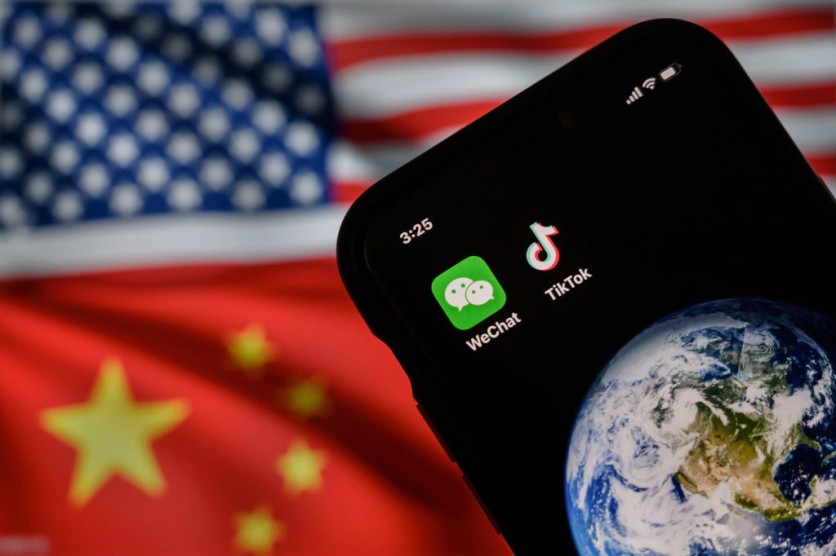The Australian Senate committee examining foreign interference on social media has recommended extending the ban on TikTok to include WeChat on government devices.
The committee expressed concerns about the "unique national security risks" that are allegedly posed by these companies, especially given their parent companies, ByteDance and Tencent, are based in authoritarian countries like China.

"Unique National Security Risks"
According to the committee, China's national intelligence law gives the Chinese government the authority to compel these companies to collaborate with Chinese intelligence agencies covertly. This potential for cooperation with foreign intelligence agencies raises concerns about the security and privacy of user data.
The parliamentary statement emphasized that social media platforms themselves are not inherently threatening, but they can be exploited as vectors for foreign interference.
The committee differentiated between platforms based in authoritarian countries and those in liberal democracies, acknowledging the varying degrees of leverage that authoritarian regimes could exert over such platforms.
Regarding TikTok, the committee discovered that China-based employees have access to Australian user data and can manipulate content algorithms. However, TikTok was unable to provide clear information on how frequently this data is accessed, which raises transparency concerns.
Furthermore, TikTok was unwilling to provide information about the legal grounds on which its employees can reject Chinese law, according to the committee.
The reluctance of social media companies based in authoritarian countries to cooperate with Australian parliamentary processes raised red flags for the committee.
The committee also highlighted the risk of Western social media companies being exploited by authoritarian regimes to disseminate disinformation in Australia, influencing and undermining political systems.
For instance, Facebook's parent company, Meta, disabled over 200 covert influence operations from more than 60 countries between 2017 and 2022, which targeted the domestic debates of other countries.
Additionally, YouTube terminated over 900 channels linked to Russia and more than 18,000 linked to China in the first quarter of 2023, as per the committee's statement.
Read Also : Latest Borax Challenge on TikTok Is Dangerous-Experts Say Causes Diarrhea, Other Health Issues
Real-time Understanding
The committee explored concerns that social media platforms, both authoritarian and Western-based, are used to gather intelligence on individuals for targeted purposes, collect behavioral data to refine interference campaigns, harass and intimidate diaspora communities, and spread disinformation to undermine societal trust and influence decision-making.
Overall, the committee's recommendation to extend the TikTok ban to WeChat on government devices reflects concerns about the potential risks posed by social media companies headquartered in authoritarian countries and their impact on national security and democracy.
"Looking to the future, developing a real-time understanding of and response to foreign interference through social media is critical to protecting our values, freedoms, and way of life from interference by foreign regimes," the committee wrote.
"The committee believes that strengthening transparency requirements on social media companies is critical to ensuring they operate with integrity while also preserving the right of Australians to freely communicate and participate in public debate online."
Related Article : TikTok Meme Creator's Threats to Sue Activision Over Its Use of His Content for Crash Bandicoot Ad: The Company Sues Him Instead

ⓒ 2026 TECHTIMES.com All rights reserved. Do not reproduce without permission.




